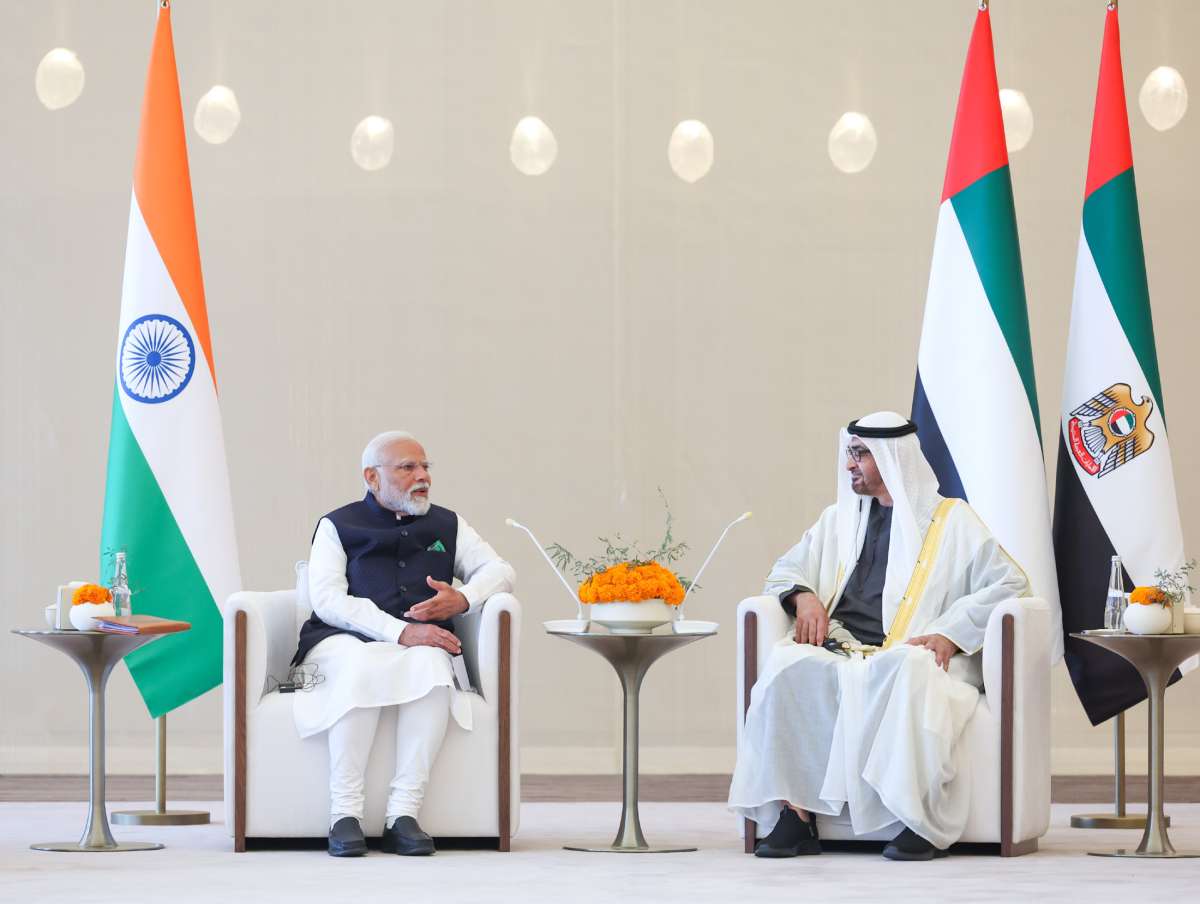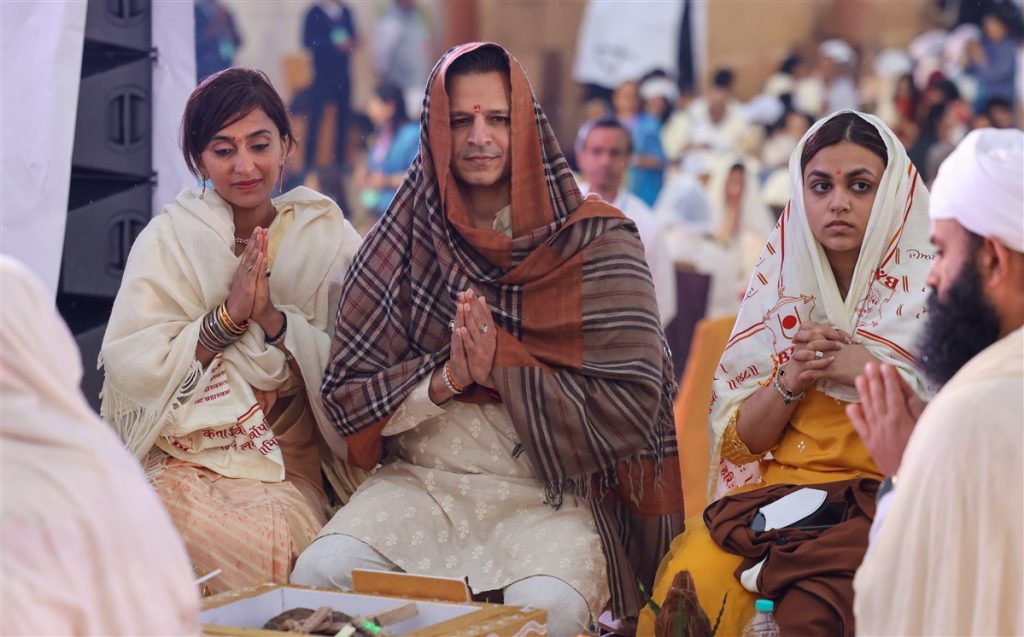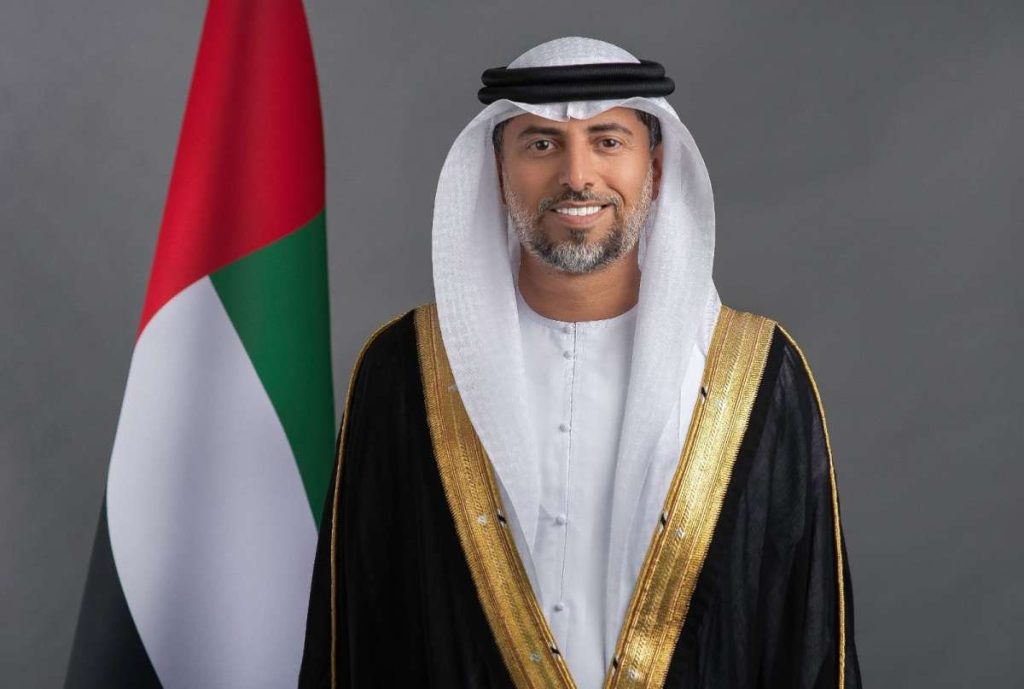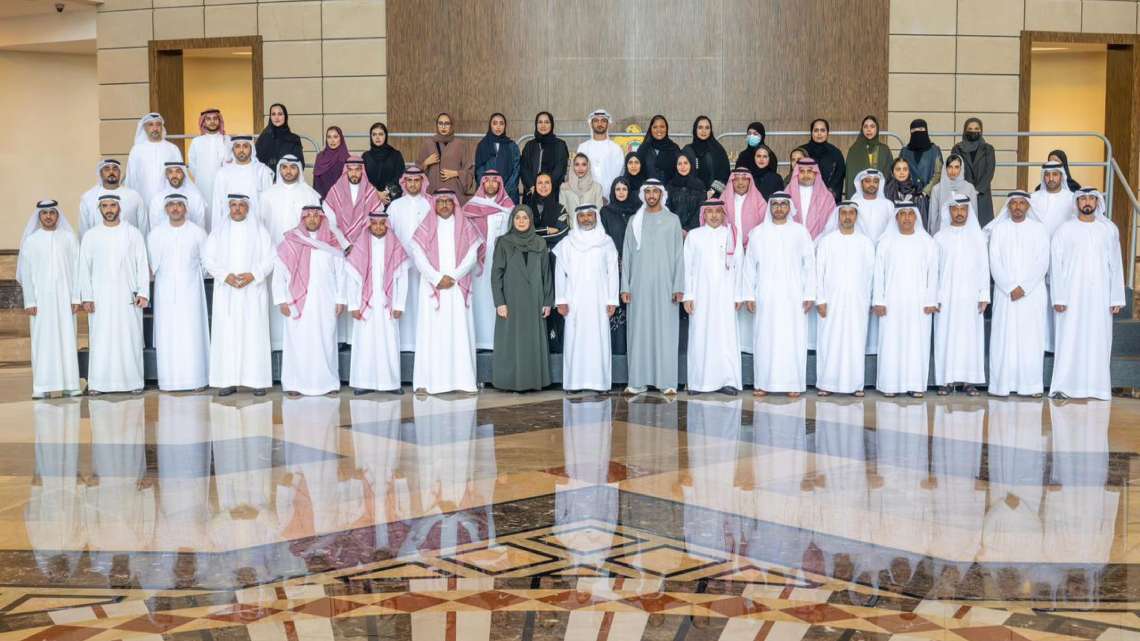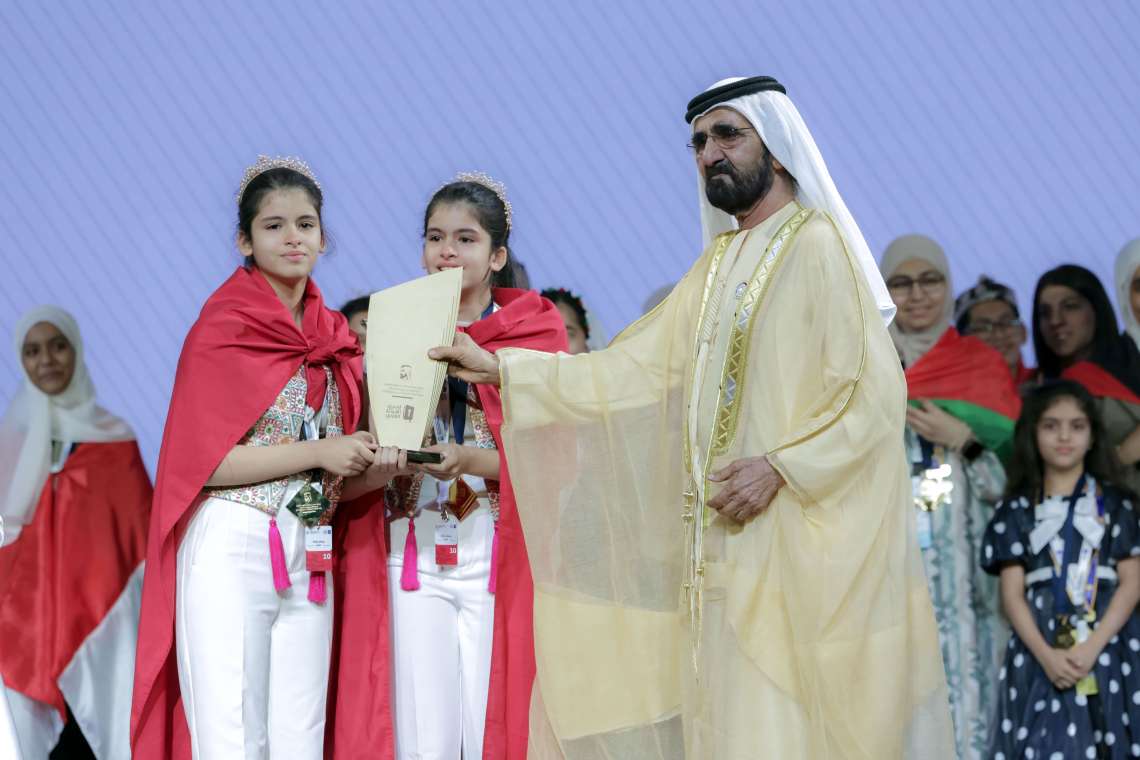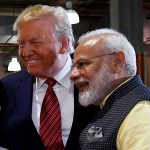Foreign Secretary Kwatra stressed that one of the aims is to see how quickly the IMEC gets operated and benefits its core objective between the involved parties…reports Asian Lite News
Highlighting the agreement signed between India and the UAE on the intergovernmental framework concerning cooperation on the India-Middle East Economic Corridor (IMEC), Foreign Secretary Vinay Kwatra stressed that one of the aims is to see how quickly the IMEC gets operated and benefits its core objective between the involved parties.
While addressing the special briefing on Prime Minister Narendra Modi’s official visit to the UAE, Kwatra highlighted the 10 MoUs signed between India and the UAE on Tuesday in the presence of PM Modi and UAE President Mohamed bin Zayed Al Nahyan.
Reiterating that the IMEC was launched during the G20 Summit in New Delhi, he said, “This agreement builds collaboration and also looks at specific things that the parties would do to promote cooperation in this space.”
The main areas under this particular agreement that are covered are those relating to cooperation on logistics platforms, which is a crucial element of furthering the objectives of this particular corridor, adding, the provision of supply chain services.
“Now, supply chain services are not just limited to one or two things, but cover all types of general cargo, bulk containers and liquid bulbs,” he added.
Foreign Secretary said, “Now, one of the aims in this is to see how quickly the IMEC, which was launched, gets operated and benefits the core objective of stronger, deeper, more extensive regional connectivity between the parties involved.”
Another MoU was signed on cooperation in the field of electricity connection and trade.
The objective of this particular MoU is to focus on strengthening the India-UAE partnership in two crucial domains, one relating to energy security and the other relating to energy trade.
“Obviously, clean energy trade is an important segment of this MoU. This would focus naturally on green hydrogen and also on energy storage. Naturally, the collaboration that deals with investment policy research and innovation across this entire sector of clean and green energy would also form an important segment of partnership under this MoU,” he added.
The third MoU was signed between the UAE Ministry of Investment and the Ministry of Electronics and Information Technology (MeitY) on cooperation on digital infrastructure projects.
“This is a framework agreement that focuses on investment cooperation in the field of digital infrastructures. Naturally, as a corollary of that, the focus is on developing capabilities, sharing technical knowledge, advice, skills and expertise,” he said.
Kwatra added that under this particular framework, government agencies, as well as regulatory authorities, will also look to forge partnerships under this particular digital infrastructure MoU.
“This would focus on some of the key areas of the digital space, which include high power computing, digital innovation and the platforms relating to the management of data,” he further said.
Stressing the bilateral investment treaty, which was the fourth MoU signed between India and the UAE, Kwatra said that it is a very important and significant agreement between India and the UAE that will set the basis for a stronger, more extensive and wide ranging investment partnership.
“Because it focuses not just on protecting the existing investments, it also advances the objective of promoting further capital flows between the two economies,” he added.
The next MoU was on the development of a national maritime heritage complex. This is a national maritime heritage complex in Lothal, Gujarat.
Kwatra said that the two sides will “work closely and the relevant departments will work closely to develop this project in a comprehensive fashion.”
The sixth MoU highlights a cooperation protocol between the National Library and archives of the UAE and the National Archives of India.
“The objective is to promote cooperation in archives management through exchange of expertise, historical information, research and studies, etc,” he stated.
Then there was an agreement between the Gujarat Maritime Board and Abu Dhabi Ports Company that would seek to build partnerships with regard to port and maritime sectors between the two signing entities and would include port infrastructure development, development of sustainable ports, technology engagement wherever applicable, maritime education and training, and tourism collaboration, he said.
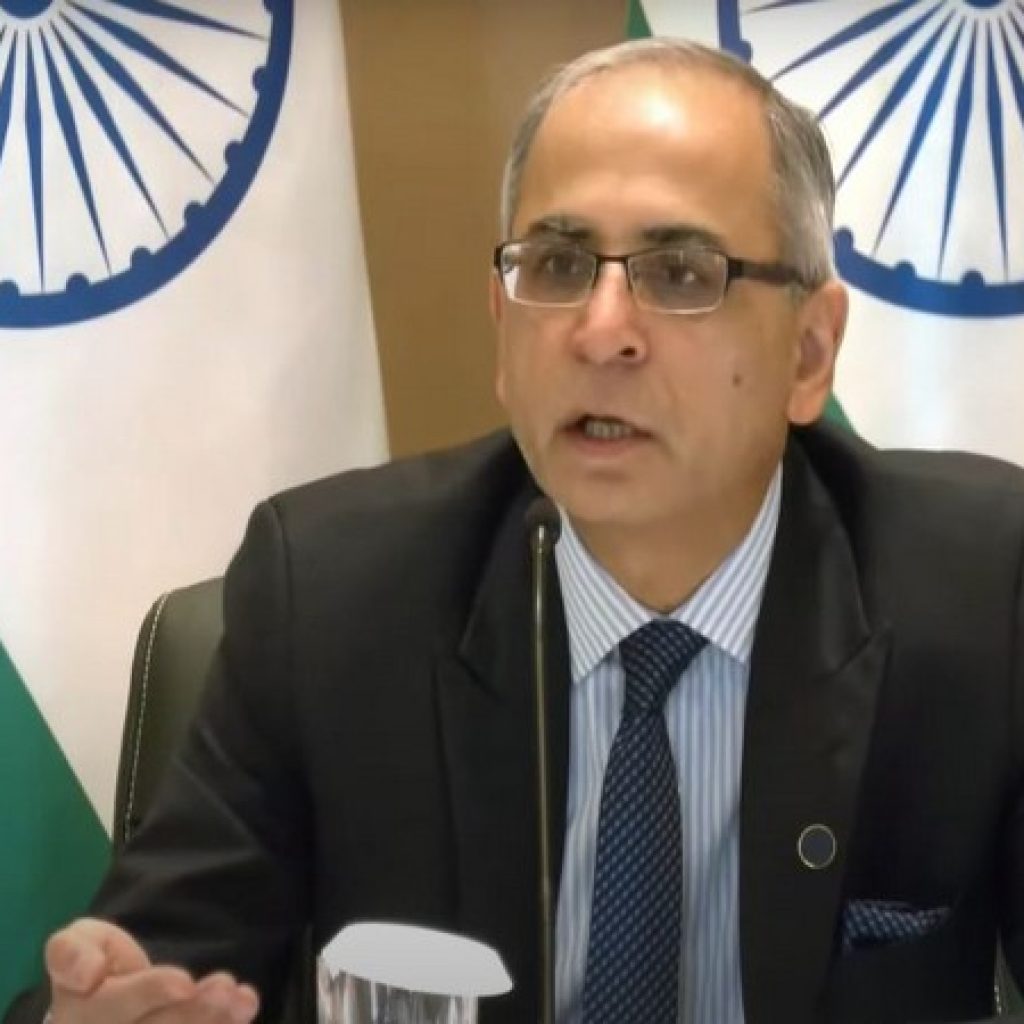
Kwatra further stressed the “development of a complete system in which port cities could shape and develop and be the basis of further economic development and partnership between the two countries.”
The eighth MoU signed between the two countries was on the interlinking of the instant payment platforms, UPI of India and AANI of the UAE.
“I think it is self-explanatory what it seeks to achieve, which is closer integration and cooperation between the financial platforms of the two economies,” he said.
Moreover, the ninth agreement was on “interlinking domestic card credit cards that is root pay of India and jeevan of UAE I’ve already referred to it briefly in my opening remarks.”
Noting the 10th and last agreement signed between the two countries, Kwatra said that the last agreement was between the rights and the Abu Dhabi Ports Authority with regard to development of multimodal logistics parks, which would include economic free trade zones, rail connectivity projects and related infrastructure services. (ANI)
ALSO READ-MBZ’s care eases Modi’s concerns

